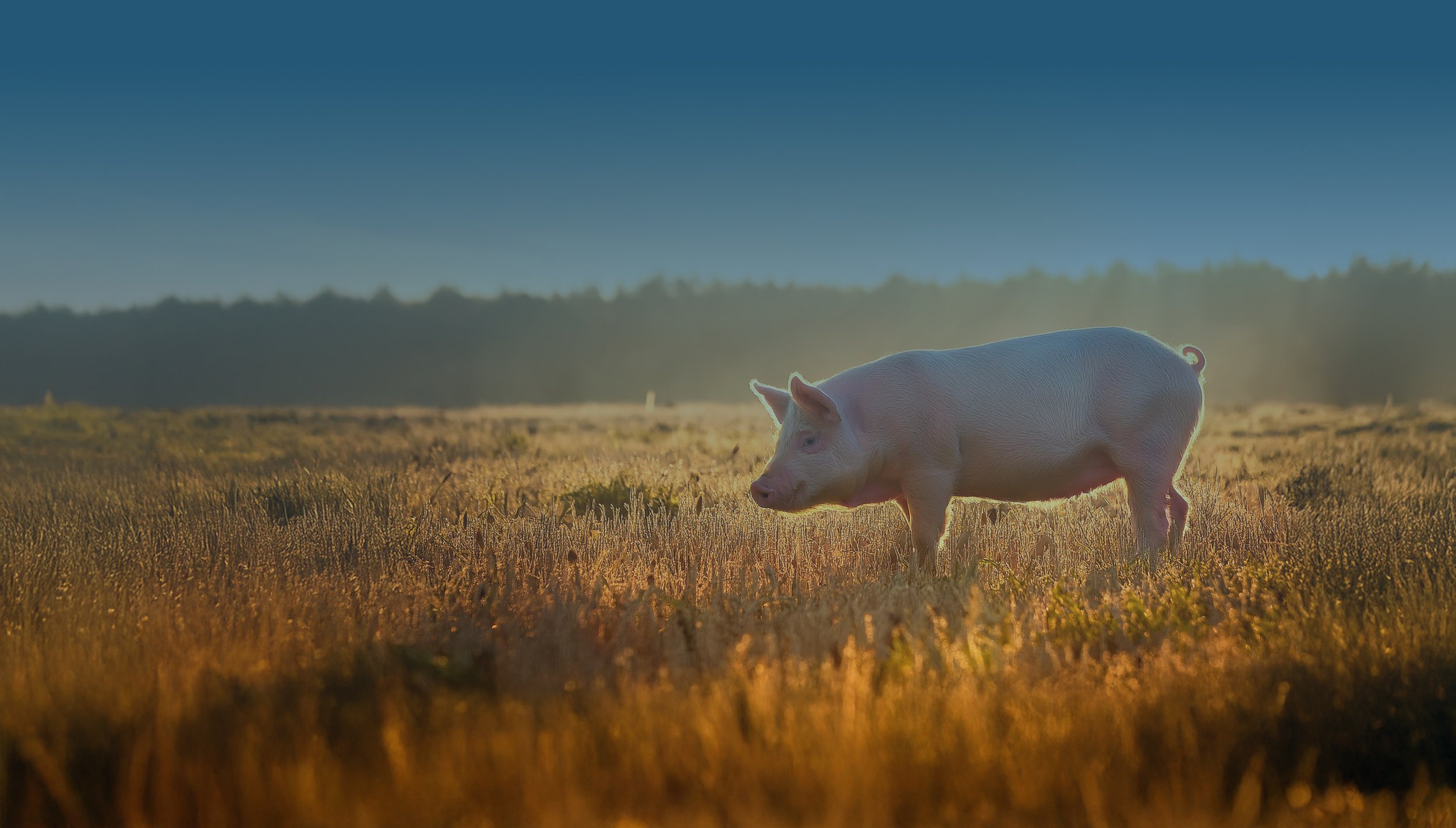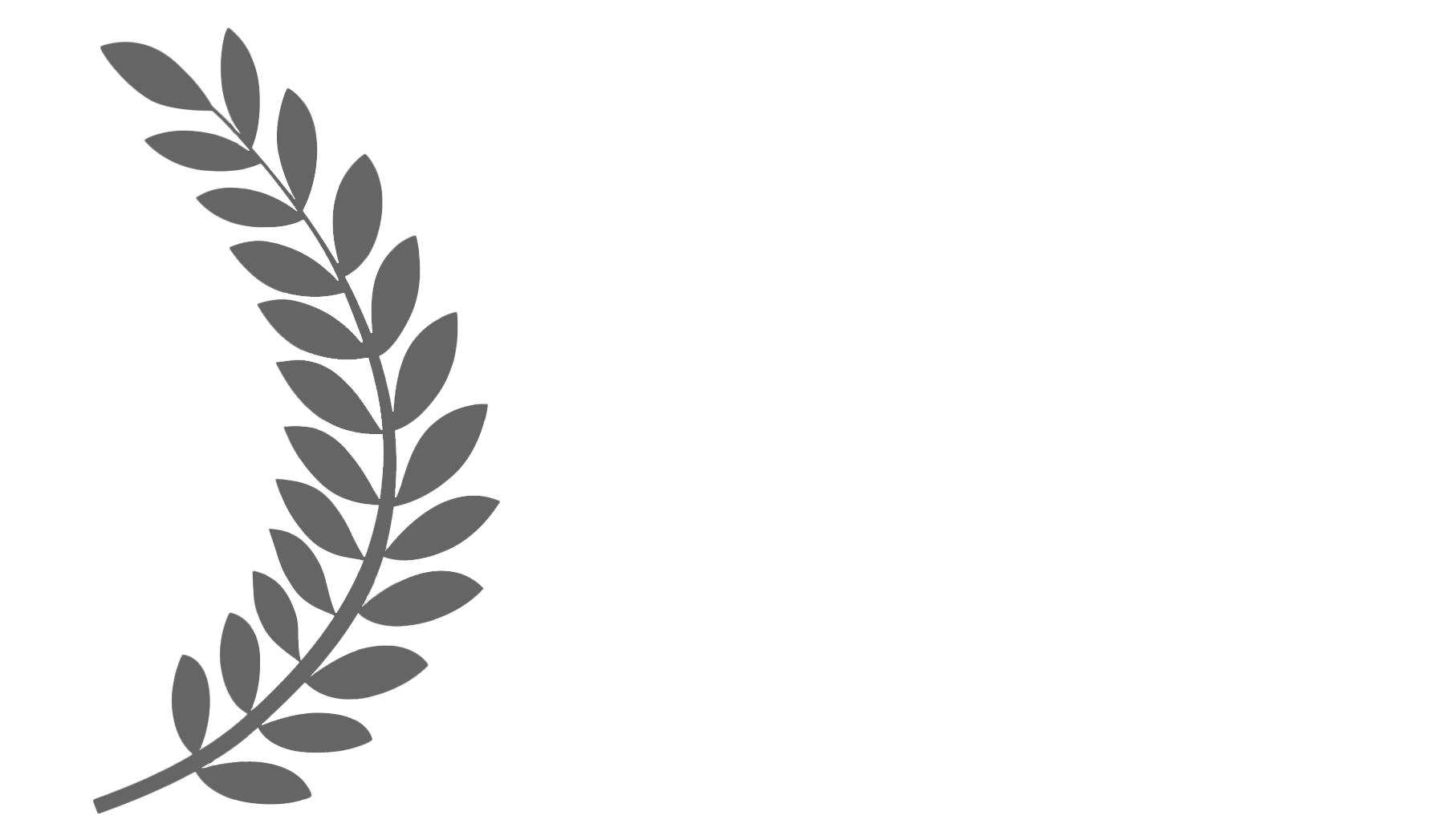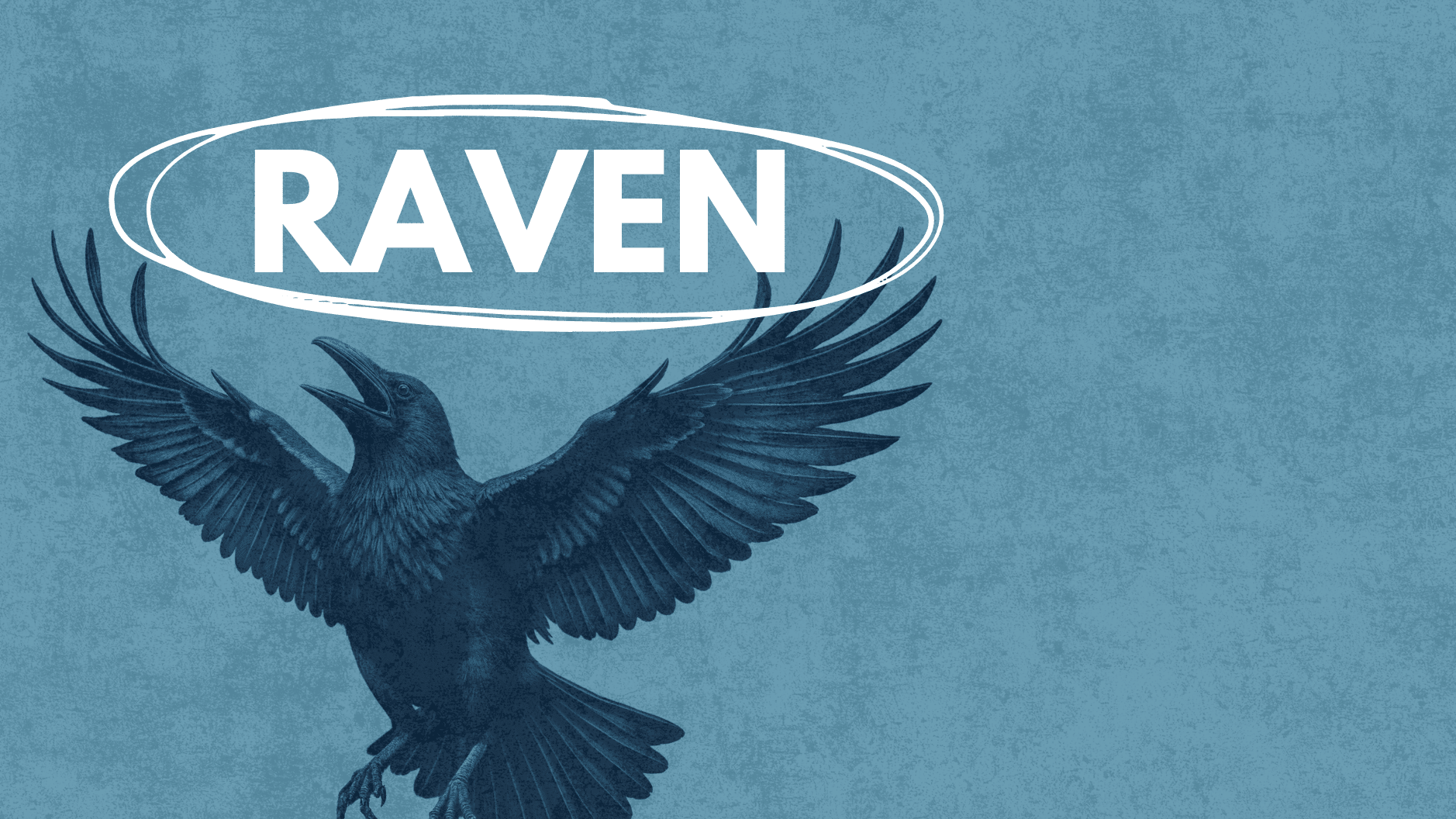
EVIDENCE-BASED ANIMAL WELFARE ADVOCACY.
ICAW is a non-profit organization that focuses on advancing institutional animal welfare policy in key geographies globally. We engage with decision makers at large multinational companies as well as the general public to raise awareness about key evidence-based animal welfare priorities.

Advancing animal welfare on a global scale.
We engage with some of the world’s largest corporations—demanding accountability, urging for transparency, and challenging outdated practices. For livestock, poultry, aquatic life, and countless others.

WE MAKE A DIFFERENCE
How We Help.
EVIDENCE-BASED ADVOCACY
We use well-established, emerging animal welfare science to determine our key priorities.
CORPORATE ENGAGEMENT
Our expert team works closely with industry stakeholders to ensure meaningful results.
GLOBAL NETWORK
We are a far-reaching, broad coalition of specialists with a dedication to making a real impact.
CONSUMER
OUTREACH
We study market analytics globally to provide the best options for consumers.

FOCUS AREAS
OUR WORK.
Our commitment to improving the lives of animals on a global scale comes from our deep-rooted passion for doing what’s right for animals and consumers.
-
The shift away from intensive cage confinement for layer hens is a well-established animal welfare priority that has the potential to dramatically improve the lives of hundreds of millions of animals globally. Holding companies accountable to their cage-free commitments is crucial to ensure meaningful progress in animal welfare, as unreported efforts can obscure industry transparency and hinder trust in corporate pledges.
-
Emerging science demonstrates that electrical stunning is the most humane pre-slaughter method for shrimp, as it renders them unconscious far faster and more effectively than outdated practices like ice slurry immersion or asphyxia. Investment in electrical stunning technology is a straightforward and inexpensive solution to advance the humane treatment of shrimp during harvest and slaughter.
-
Chickens raised for meat are commonly the product of genetic strains that can result in myriad welfare concerns and are raised in restrictive, intensive systems. However, companies can take simple actions to enhance the lives of chickens in their supply chains, such as sourcing higher welfare breeds, ensuring animals are provided more space, environmental enrichments, and adhering to humane slaughter practices.
HAVE A QUESTION?
Speak To The Council.

RAVEN is our Rapid Virtual Escalation Network, connecting volunteers across the globe with weekly online actions, hand-crafted to make real change for the animals.
Frequently Asked Questions.
-
Hens in cages suffer from limited space and restricted movement, which prevents them from engaging in natural behaviors and leads to high stress and frustration. Studies also indicate that caged hens have higher rates of Salmonella, a leading cause of foodborne illness and are more prone to disease than hens in systems that allow for greater mobility and expression of natural behaviors.
-
The ECC is a coalition-backed initiative that establishes science-based welfare standards for broiler chickens, addressing overcrowding, poor environmental enrichment, and inhumane slaughter practices. By 2026, companies signed onto the ECC pledge to ensure chickens have more space, access to natural light, enriched environments, and humane handling. Over 300 companies across Europe have committed to these standards. When fully implemented, these policies will benefit millions of chickens each year.
-
Shrimp, like other animals, can experience suffering, especially under traditional slaughter methods like ice slurry and asphyxiation, which are ineffective, and cause prolonged pain. Electrical stunning, widely considered the most humane pre-slaughter method, offers a quicker, more humane alternative, reducing suffering significantly. Companies are beginning to adopt this cost-effective technology, and we’re working to make humane practices the standard across the industry.
-
Broiler chickens are raised in high-density environments that restrict movement and natural behaviors, leading to poor physical and mental health. Research shows that improving welfare standards, such as providing space, enrichment, and slower-growing breeds, helps reduce chronic pain, stress, and frustration. We collaborate with companies to drive these critical changes for better chicken welfare.
-
We engage in dialogue, offer recommendations, and educate consumers regarding corporations that fail to uphold humane practices. By keeping the public informed, we create transparency that pressures companies to improve their standards.
-
Corporate animal welfare policies directly impact billions of animals within supply chains. When companies commit to better welfare standards, such as cage-free egg production or humane slaughter methods, it leads to tangible improvements in animals’ lives. ICAW pushes for these policies to create industry-wide shifts toward ethical practices.
-
You can support ICAW’s mission by sharing our campaigns on social media and making conscious purchasing decisions that align with humane practices. Together, we can create awareness and put pressure on companies to uphold animal welfare commitments and improve conditions for animals worldwide.


